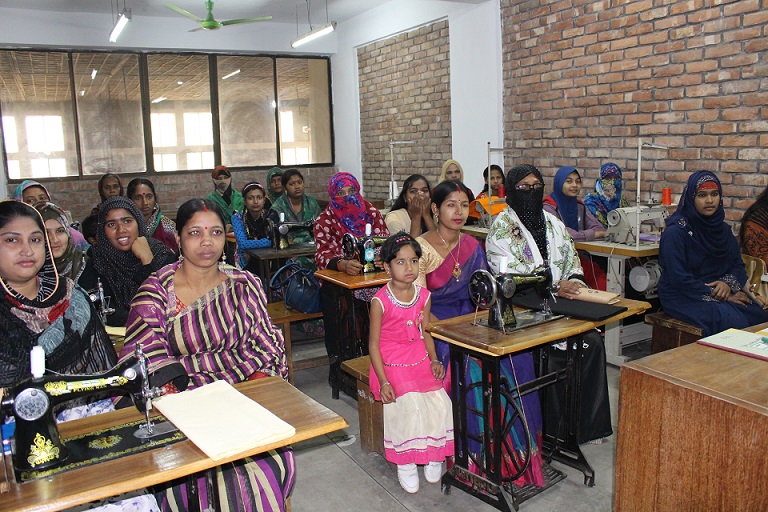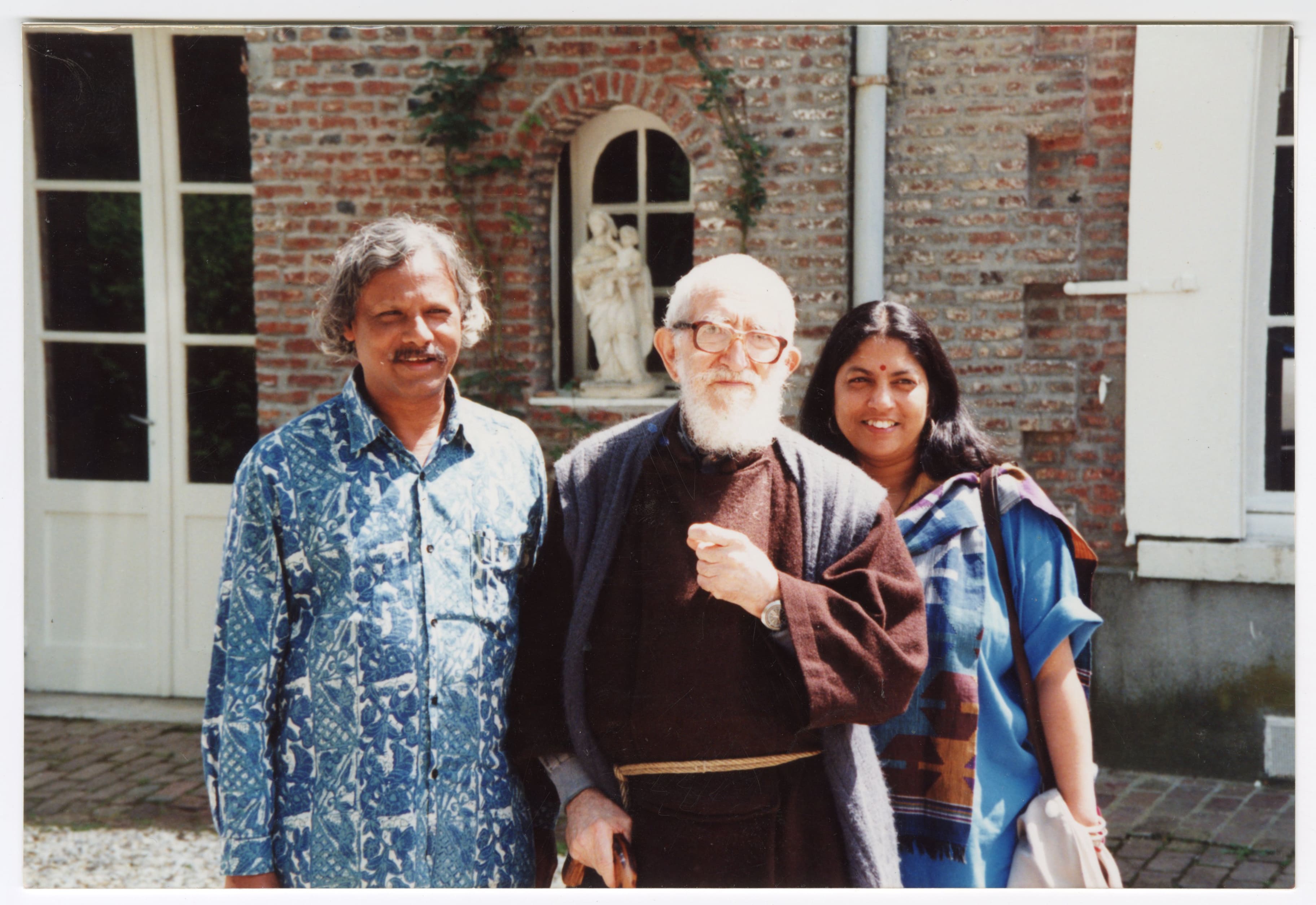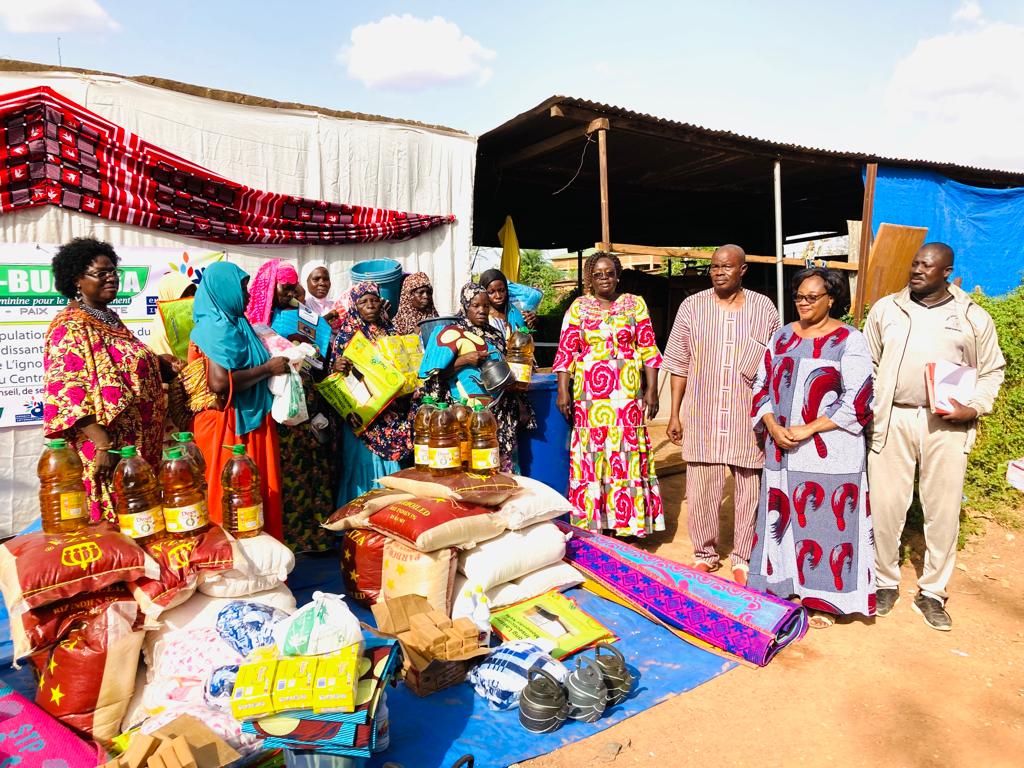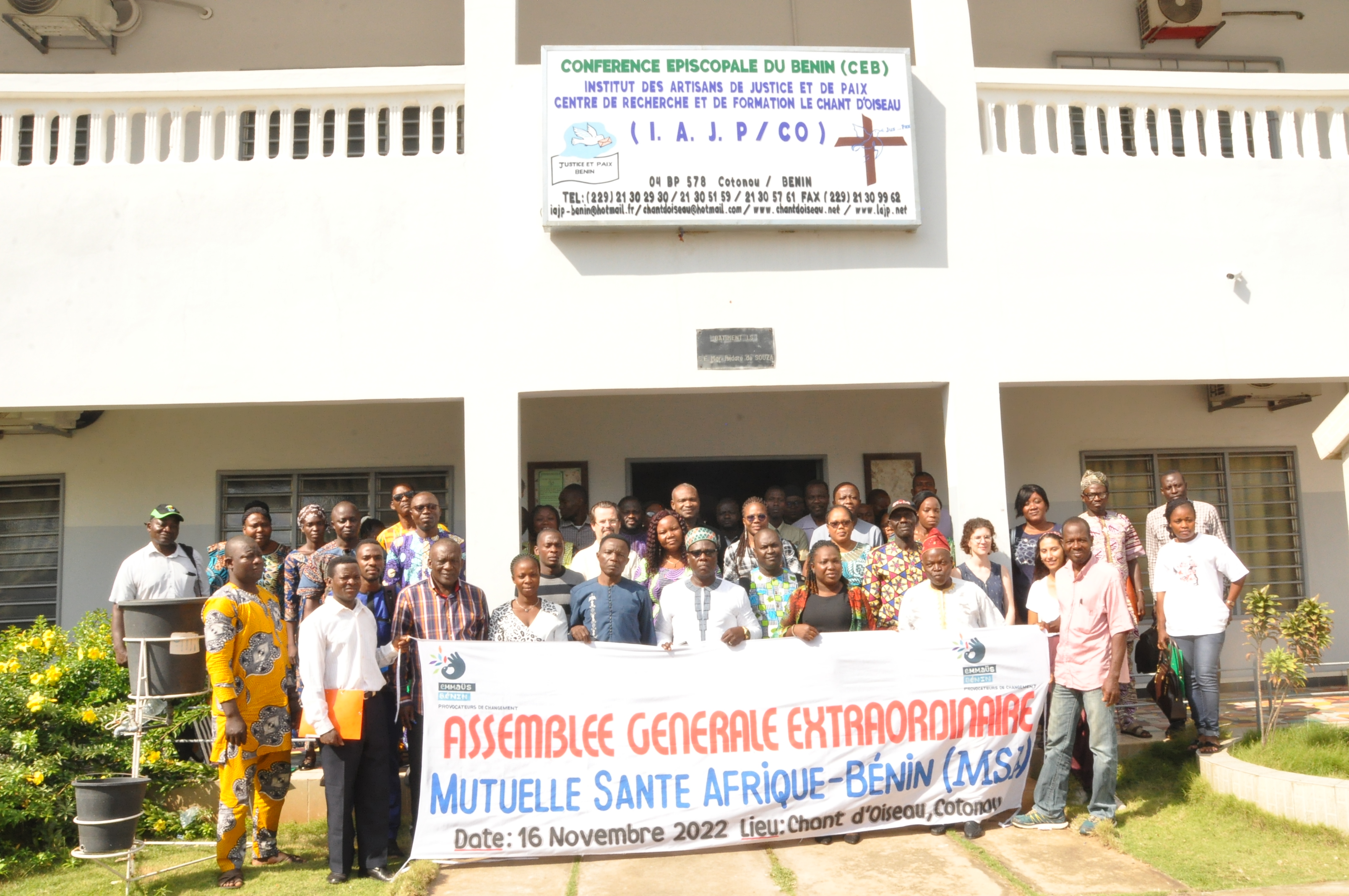Nasima Yasmin : “GK was one of the first organizations to intervene to help the Rohingya escape from Myanmar”

On the 18th of June, the Comité français de soutien à GK Savar (CFS) has an event scheduled in Paris. This day will celebrate the 50th anniversary of the Bangladeshi NGO Gonoshasthaya Kendra (GK) alongside paying tribute to its founder, Zafrullah Chowdhury, who passed away on 11th April. Abbé Pierre, who was good friends with Zafrullah, played a key role in supporting the development of the first health centre in Savar. This event day will be an opportunity to learn more about the activities of GK Savar with Nasima Yasmin, former head of health care within the predominantly Rohingya refugee camps run by the NGO in Cox’s Bazar, near to the Burmese border.
Emmaus International: How did the GK Savar adventure begin?
Nasima Yasmin: GK Savar grew out of the 1971 Bangladesh Liberation War. Dr. Zafrullah Chowdhury’s friend’s mother donated land to Savar where GK started providing services to adjacent rural communities. The founder of GK and his supporters held a meeting with the then Prime Minister and the father of the nation Bangabandhu Sheikh Mujibur Rahman in early April 1972. They outlined the proposal for a rural health program including preventative medicine. The Prime Minister welcomed the offer and named the field hospital as Gonoshasthaya Kendra (GK). Later, the Government donated 32 acres of land to GK in Savar. GK Savar’s journey began with the expansion of its services in a number of sectors.
Today, what are the main activities of your association and what needs do they meet?
Currently, GK services cover an estimated 1.5 million people in over 500 villages in 20 districts across the country. The 43 rural GK sub-centers and six health centers/hospitals serve the most vulnerable and low-income populations. GK has grown in many ways, still with the ultimate goal of improving health for all and went from providing primary care to providing primary, secondary and tertiary health care. Many paramedics are women because they have access to private residences where they can provide more efficient medical care for a healthy pregnancy and maternity.
GK has been instrumental in helping and supporting the national drug policy 1982 in Bangladesh. Consequently, it was possible to eliminate drugs that were harmful or provide no clinical benefit to users. Over the decades, GK has trained women in non-traditional skills. This included woodwork, welding and driving to help them earn their own income with dignity.
GK founded a Medical College and a University at Savar, students are currently studying in different disciplines. Establishment of a physiotherapy college is in progress to graduate and Master degree course.
GK assisted the victims of natural disasters by providing food, shelter and agricultural inputs.
Do you have specific examples of actions that you personally carry out on the ground?
GK was one of the first organizations to intervene to help the Rohingya escape from Myanmar to Bangladesh, where they were ethnically and religiously persecuted. GK deployed a two-member team to the border of Bangladesh and Myanmar to assess the situation while thousands of Rohingya people were waiting in no man’s land.
I was a member of the GK Team. The first group of Rohingya came to the border on August 25, 2017. I arrived there on the 27th of August and witnessed the suffering of the people and the humanitarian crisis.
At the time, violence in Myanmar intensified, leading to a rapid increase in the number of refugees in Bangladesh. Today, over one million of them live in 34 camps in Cox’s Bazar, Bangladesh. I was posted to Cox’s Bazar in 2016 as a director and was given the responsibility of organizing a humanitarian intervention for the Rohingya victims.
Thanks to many international donors Including Emmaüs International, I was able to mobilize approximately 23.34 million USD, during 2017 – 2022. I served until 2022 managing the humanitarian intervention for forcibly displaced people in the Cox bazaar – a very rewarding memory of my life.
Photo©GK Savar Bangladesh


